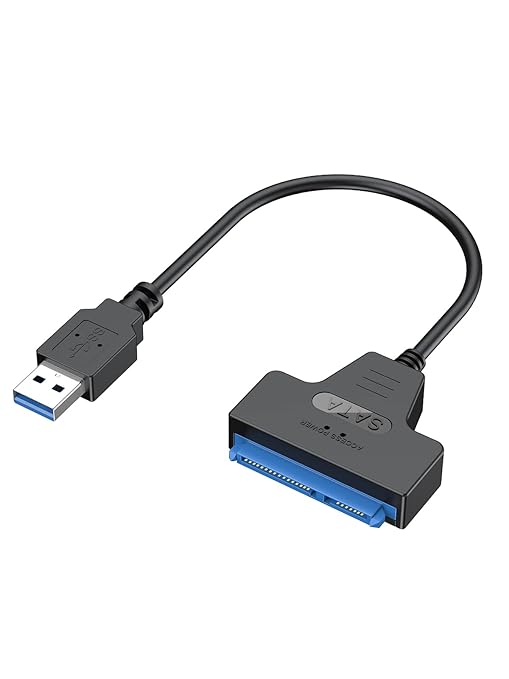Welcome to OPS245 - Open Systems Server
Quick Links
| Weekly Schedule | Course Outline | Assignment 1 | Assignment 2 |
|---|
What This Course is About
This course is the second in a series of courses about Linux technologies
- ULI101 taught you to be a Linux user. In OPS245, you will move from being a Linux user to being a Linux system administrator.
- As a system administrator, you will be responsible for installing, configuring, adjusting, maintaining, and troubleshooting the operation of computer systems. This is a lot of responsibility, and with that responsibility comes power. You will be able to change anything on the system, and you will also have the ability to damage or destroy the system.
- In addition to manually configuring machines, you will learn to use automation tools to "deploy" changes to multiple systems within our organization. Although this course will not cover the full features of these tools, it will serve as an introduction to scripting and automation to make you a more capable and efficient system administrator.
- In this course you will use an external SSD drive (USB 3) with the lab computers on campus to set up a Linux system.
- Alternatively you can use your own computer to complete the labs providing it meets the hardware requirements.
- You will also set up at least four additional Linux systems using "Virtual Machines", and therefore gain experience with different types of system configurations as well as setting up networking between systems.
- The next course in the OPS stream (OPS345) will expand on what you learn here and teach you to administer Linux servers (web servers, DNS servers, FTP servers, file sharing servers) in a cloud environment.
Attention:
This semester there are many changes being made to this course.
- Switch from Virtualization to direct boot for the Debian host installation
- Switch to Debian distribution
- Changes to automation scripting
Please be patient this semester as there may be occasional bugs and technical glitches along the way.
Learning by Doing
Most of the learning in this course occurs through the hands-on problem solving that takes place in the eight labs and two assignments.
Requirements for Success:
- It is very important to stay up-to-date with the coursework, and to practice until you have confidently mastered each task.
- All of the software used in this course is open source software, so you are free to use, modify, and redistribute it. This means that you can install it as many times as you want on as many different computers as you would like. It also means that you can tinker with it -- you can take it apart, see how it works, and put it back together in the same or a different way, limited only by your time and ambition. You are encouraged to experiment and question liberally.
- You should take good notes as you learn new concepts, commands, and the configuration changes that you will make during the labs and assignments. Your Professor will provide more instructions regarding the "Lab Log Book"
- You are encouraged to experiment and explore. There is so much to learn about Linux and Open Source Software if you are prepared to immerse yourself. Feel free to setup other VM's to experiment with.
- Carefully read ALL lab instructions and check your work regularly. The labs have been designed with backup safeguards to prevent the student from losing their work. On the other hand, students may lose their work if they fail to follow lab instructions or accidentally forget their ssd devices in the Lab!
Required Materials
Solid State Drive (SSD) Minimum Capacity: 240 GB (500GB Recommended)
SATA-to-USB Connector

- Note - It is STRONGLY recommended that you obtain the SATA-to-USB connector and Solid State Drive as noted above. Other types of hard drives and connectors may not work properly in our special lab environment. Several students in past semesters have run into problems using other types of drives (and have had to fully re-install their systems!!). In particular, please avoid cables that connect to the computer using USB-C. They have been known to cause problems. Ensure your cable connects to the computer using USB 3.0.
Debian 12 netinstaller ISO Image
USB Flash Drive (3.0 preferred, 2 flash drives if possible) Minimum Capacity: 16 GB
Lab Logbook (download & print Both sides per lab permitted)
- Download Doc
- NOTE: If you've taken this class in a previous semester, you MAY NOT bring that version of the lab logbook to any testing.
- Your Professor will direct you on what they want you to do with the Lab Lag Book
Dos and Don'ts (PLEASE READ)
Evaluation
| Evaluation | Marks |
|---|---|
| Labs and Quizzes | 25% |
| Assignments (minimum of 2) | 30% |
| Midterm Test | 20% |
| Final Test | 25% |